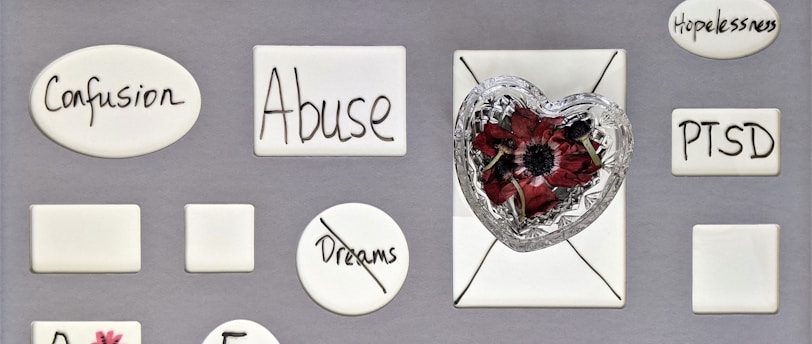Navigating Parenting with PTSD: 10 Mental Health Tips for a Healthier You, and Happier Kids
Discover ten invaluable tips for parents living with Post-Traumatic Stress Disorder (PTSD) as they navigate the intricate journey of parenting.
2 min read


Parenting is a fulfilling yet demanding journey that presents unique challenges. For individuals living with Post-Traumatic Stress Disorder (PTSD), the challenges can be even more pronounced. Balancing your mental health while caring for your children is essential, and in this blog post, we will explore ten mental health tips to help you thrive as a parent while living with PTSD.
1. Seek Professional Support:
One of the most crucial steps in managing PTSD while parenting is to seek professional help. A therapist or counselor experienced in trauma can provide valuable guidance and therapeutic techniques tailored to your needs.
2. Educate Yourself:
Knowledge is power. Educate yourself about PTSD, its symptoms, and triggers. Understanding your condition will help you better manage it and communicate with your children about it.
3. Establish Routines:
Create structured daily routines for yourself and your children. Predictability and consistency can provide a sense of stability in both your lives.
4. Prioritize Self-Care:
Self-care is non-negotiable. Dedicate time to activities that promote your well-being, such as exercise, meditation, journaling, or pursuing hobbies.
5. Open Communication:
Talk openly with your children about your condition in an age-appropriate manner. Encourage questions and provide reassurance that it's okay to discuss their feelings too.
6. Build a Support Network:
Connect with friends and family members who can offer emotional support and lend a hand when needed. You don't have to go through this journey alone.
7. Set Boundaries:
Establish clear boundaries with your children. Communicate when you need time alone or space to manage your symptoms, so they understand and respect your needs.
8. Practice Mindfulness:
Mindfulness techniques can help you stay present and reduce intrusive thoughts. Explore practices like deep breathing, meditation, or yoga.
9. Medication Management:
If prescribed by a healthcare professional, take your medication as directed. Medication can be a valuable tool in managing the symptoms of PTSD.
10. Embrace Flexibility and Forgiveness:
Parenthood can be unpredictable, and living with PTSD may lead to challenges. Be flexible in your approach and forgiving of yourself on days when things don't go as planned.
Living with PTSD while parenting is a journey that requires resilience, self-awareness, and support. By following these ten mental health tips, you can create a healthier and happier environment for yourself and your children. Remember that seeking professional help is a significant step toward healing, and it's okay to ask for assistance when needed. Prioritizing your mental health not only benefits you but also sets a positive example for your children as they learn valuable life lessons about resilience and self-care.
